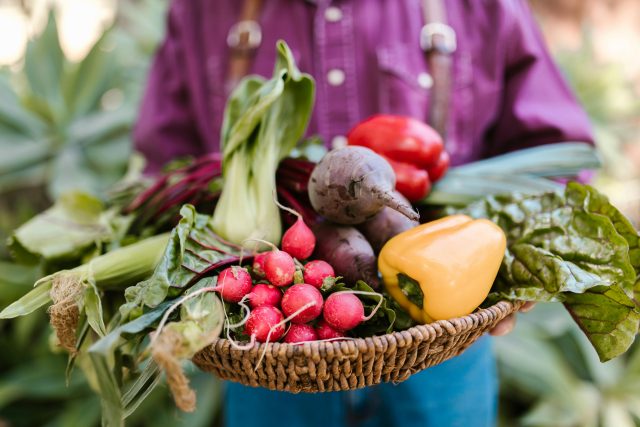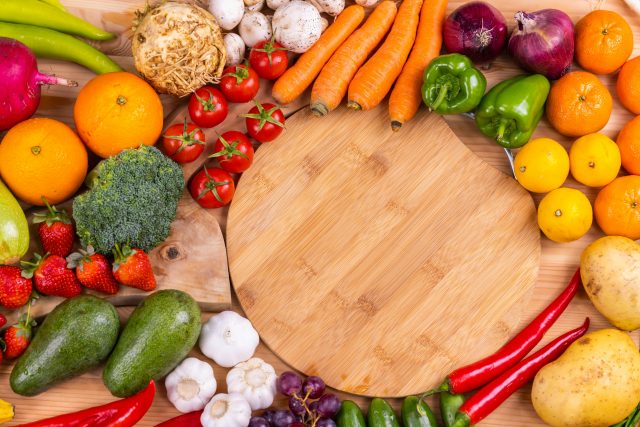Introduction
Kenya’s agriculture sector faces erratic rainfall, rising temperatures, and prolonged droughts due to climate change. These factors threaten food security, making it crucial to adopt climate-smart agriculture (CSA).
CSA is a holistic approach that boosts agricultural productivity while increasing resilience to climate change. This blog explores how CSA is enhancing food security in Kenya and what farmers can do to benefit from it.
1. Growing Drought-Resistant Crops for Stable Yields
How It Helps
Drought-resistant crops require less water, making them ideal for Kenya’s dry regions. These crops reduce crop failure risks, ensuring food supply remains stable.
Best Drought-Resistant Crops for Kenya
- Sorghum—Thrives in low-rainfall areas.
- Millet—Needs less water than maize.
- Cassava—Grows well in poor soils.
- • Pigeon peas—They restore soil fertility while surviving harsh conditions.
Expert Insight: Farmers adopting sorghum instead of maize in semi-arid areas have increased yields by 30% while ensuring food security.
2. Smart Irrigation: Efficient Water Use for Sustainable Farming
Why It Works
Kenya faces water scarcity, making smart irrigation techniques essential to ensure food production continues year-round.
Best Smart Irrigation Methods
- Drip Irrigation—Delivers water directly to plant roots, reducing waste.
- Rainwater Harvesting—Captures and stores rainwater for later use.
- Mulching—Reduces water loss by retaining soil moisture.
Expert Insight: Drip irrigation has helped farmers in Machakos County reduce water usage by 50% while increasing food production.
3. Agroforestry: Trees for Food and Soil Protection
How It Helps
Agroforestry integrates trees with crops and livestock, boosting food production while preventing land degradation.
The best trees for agroforestry in Kenya
- Grevillea—Provides shade and improves soil fertility.
- Moringa—Nutrient-rich leaves support food security.
- Calliandra—Ideal for livestock feed and nitrogen-fixing.
Expert Insight: Farmers practicing agroforestry report a 25% increase in food production while benefiting from additional income sources like fruit and timber sales.
4. Conservation Agriculture: Preserving Soil for Long-Term Food Security
Why It’s Crucial
Healthy soil is key to sustainable food production. Conservation agriculture ensures that farmland remains fertile and productive.
Best conservation agriculture practices
- No-Till Farming—Prevents soil erosion and retains moisture.
- Cover Cropping—Improves soil nutrients while protecting the land.
- Crop Rotation—Reduces pest buildup and enhances biodiversity.
Expert Insight: Farmers using conservation agriculture have seen a 20% increase in soil fertility and improved yields over time.
5. Organic farming: producing nutritious, sustainable food.
How It Improves Food Security
Organic farming improves soil health while eliminating reliance on expensive synthetic fertilizers and pesticides.
Key Organic Farming Practices
- Use of Compost & Manure—Naturally enhances soil fertility.
- Bio-Pesticides—Natural alternatives to chemical pesticides.
- Intercropping—Reduces pests naturally while maximizing land use.
Expert Insight: Demand for organic food in Kenya is growing by 15% annually, improving food availability and farmer income.
6. Integrated Pest Management (IPM) for Crop Protection
Why It Matters
Pests and diseases reduce food production, leading to shortages. IPM provides a sustainable pest control method that protects crops without harming the environment.
Best IPM Strategies
- Encouraging Natural Predators—Ladybugs and birds control pests.
- Rotating Crops—Prevents pest infestations.
- Organic Pesticides—Neem and chili sprays reduce reliance on chemicals.
Expert Insight: Farmers using IPM have cut pesticide costs by 60% while maintaining high food yields.
7. Renewable Energy: Sustainable Power for Food Production
Why It’s Important
Energy costs can make food production expensive and unsustainable. Renewable energy lowers costs and boosts efficiency.
Best Renewable Energy Solutions for Farmers
- Solar-Powered Irrigation—Reduces electricity costs while ensuring consistent food production.
- Biogas from Animal Waste—Provides clean cooking fuel while recycling farm waste.
- Wind and Solar Drying—Preserves food for longer storage.
Expert Insight: Farms switching to solar irrigation cut operational costs by 40%, making food production more profitable and sustainable.
Conclusion: Climate-Smart Agriculture is Key to Food Security in Kenya
Climate-smart agriculture is crucial for ensuring a reliable food supply in Kenya. By adopting drought-resistant crops, smart irrigation, agroforestry, and organic farming, farmers can produce more food while reducing environmental damage.
The successful implementation of CSA techniques will determine Kenya’s future food security. Supporting farmers through training, access to finance, and policy support will ensure long-term food sustainability.



